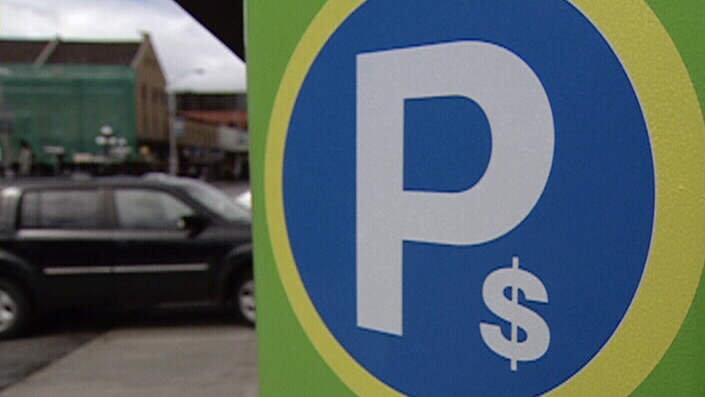
The City of Ottawa saw an increase in money dropped into parking meters in 2023, as more people returned to the office following the COVID-19 pandemic.
A new report shows Ottawa collected $16.12 million from on-street and off-street parking spots last year, up from $12.18 million in 2022 and $9.64 million in 2021. Motorists paid $7.64 million in parking fees to park at on-street spots and $8.48 million to park in city parking lots.
The Parking Services Annual Report shows on-street parking fee revenues exceeded 2019 levels by $98,000, while revenue from parking lots exceeded 2019 levels by $188,000.
Staff say off-street parking revenues jumped due to “increases in demand that were observed starting in early 2023 as a greater portion of employees physically returned to work on a part-time or full-time basis.”
As of December 31, 2023, the city managed 3,790 paid on-street parking spaces and 2,749 off-street spaces in five parking structures and 11 surface parking lots. The city also manages 5,660 bike parking spaces at parking facilities and on city streets.
The report shows 29.4 per cent of all parking transactions were paid by phone, while 45.9 per cent were paid by credit cards at on-street and off-street spots.
The city’s parking meter expenses increased to $16.47 million last year, due to new or increases costs, according to the city. The city spent new money for security services at the parking garages and maintenance of on-street spaces.
The jump in parking meter revenue comes as the city prepares to increase on-street parking fees in six neighbourhoods to $4 an hour and to $4.50 an hour on Ruskin Street near the Ottawa Hospital Civic Campus. The city is looking at introducing paid parking in business districts in Westboro and Wellington Street West.
Collecting parking data
Ottawa Bylaw Services will be testing out a new tool to monitor parking data this year – license plate recognition (LRP) technology.
Staff say a single vehicle has been equipped with LPR technology as part of a pilot on a potential solution to streamline and replace traditional municipal parking data collection methods “while enhancing accuracy and efficiency.”
“A limited number of paid and unpaid on-street parking spaces have been mapped to assess and evaluate the ability of the LPR system to reliably and accurately collect parking data in real-world scenarios in conjunction with traditional methods,” the Parking Services Annual Report shows.